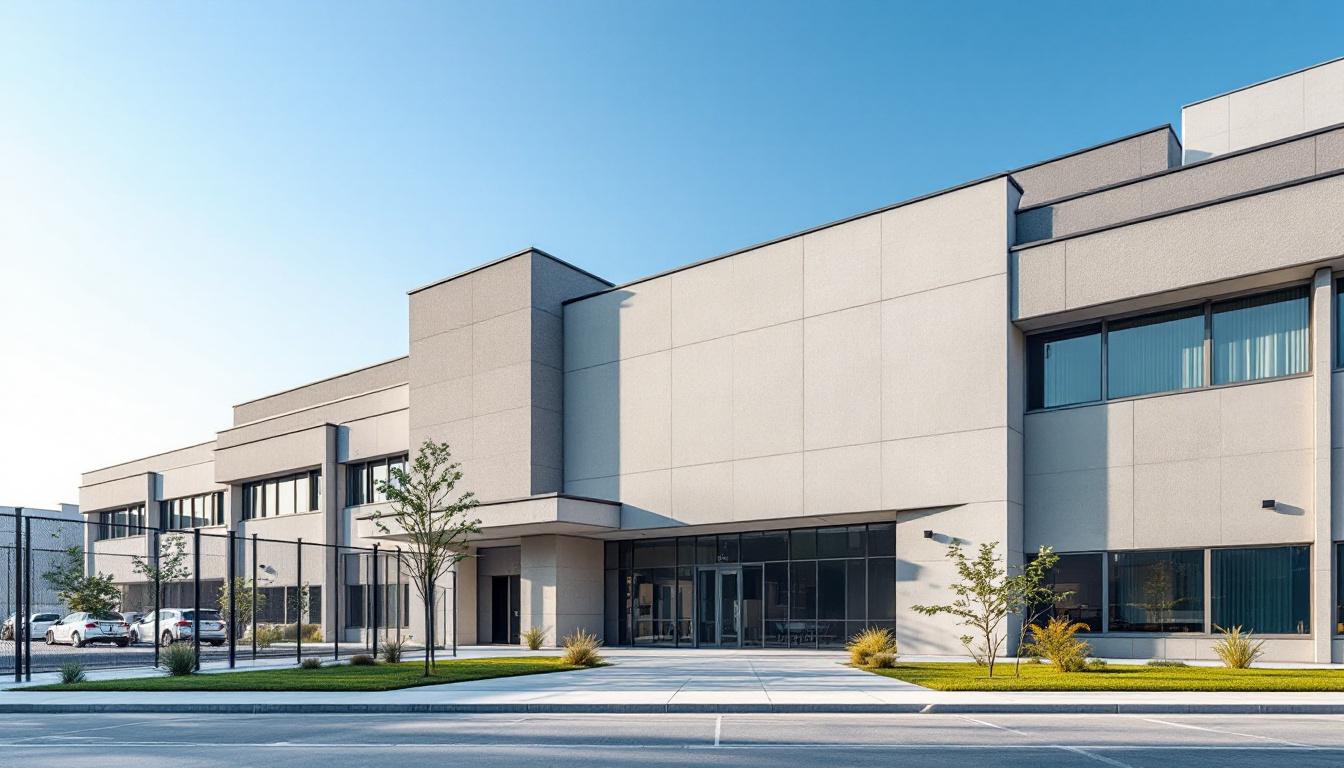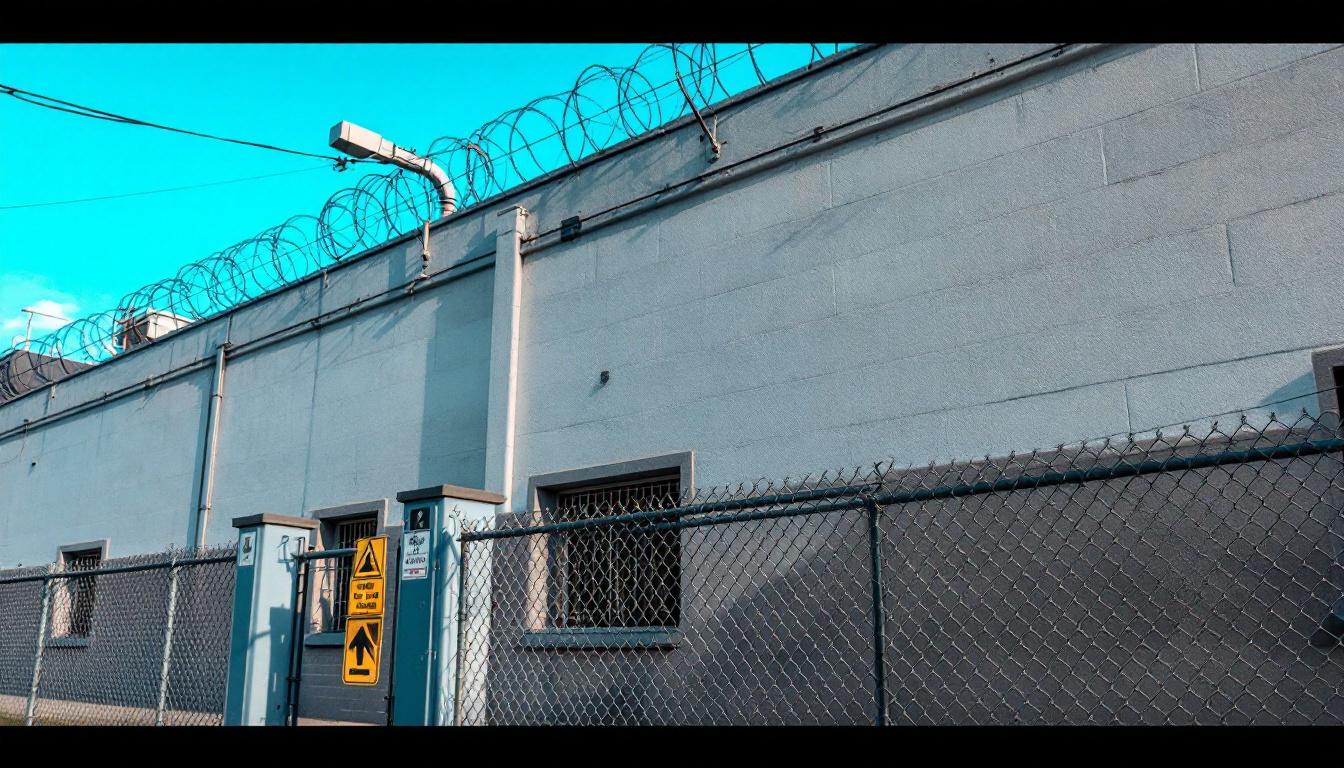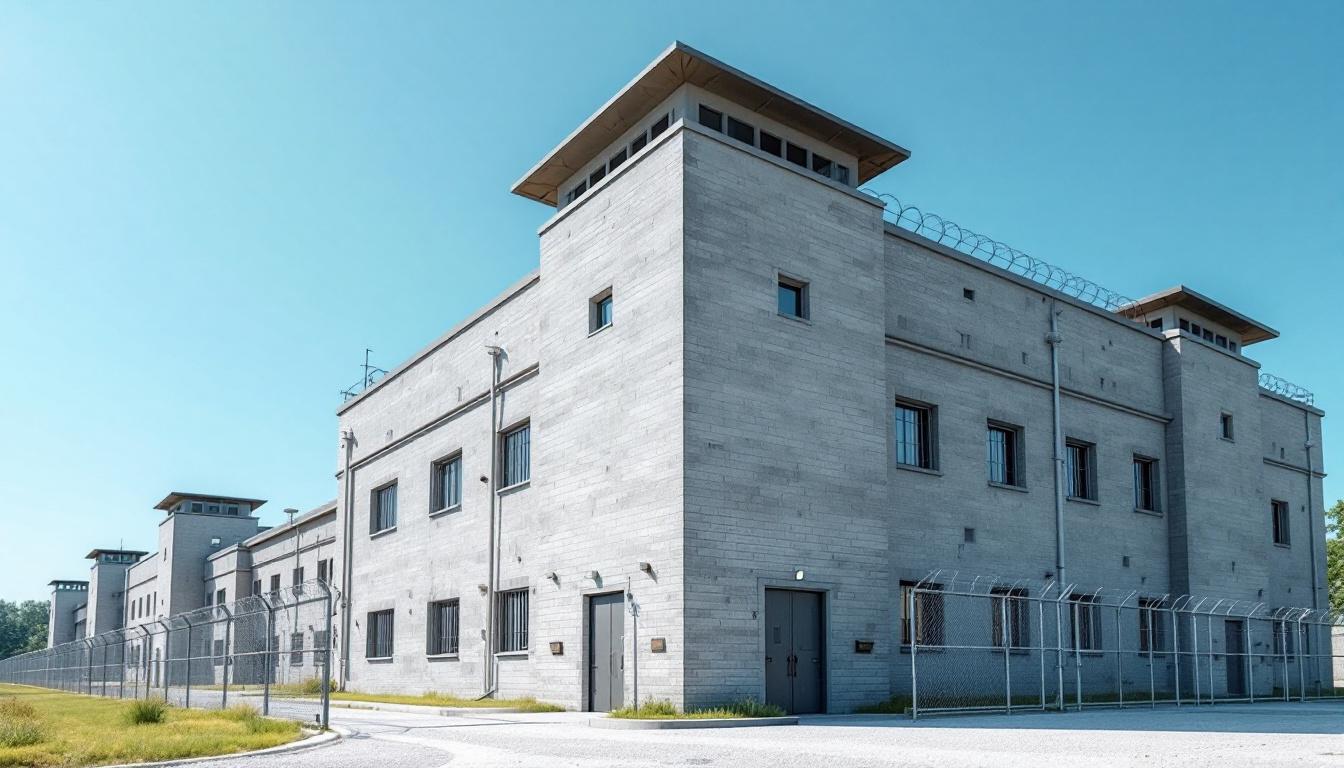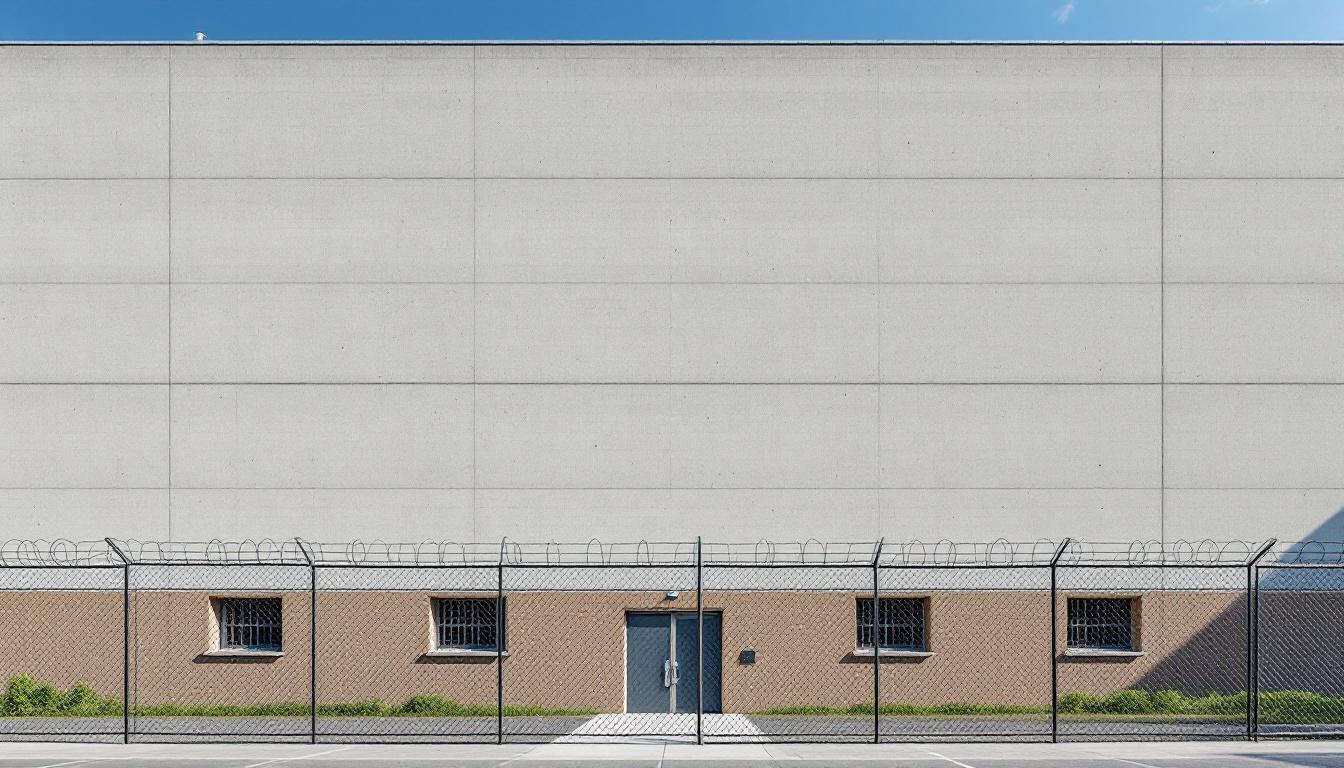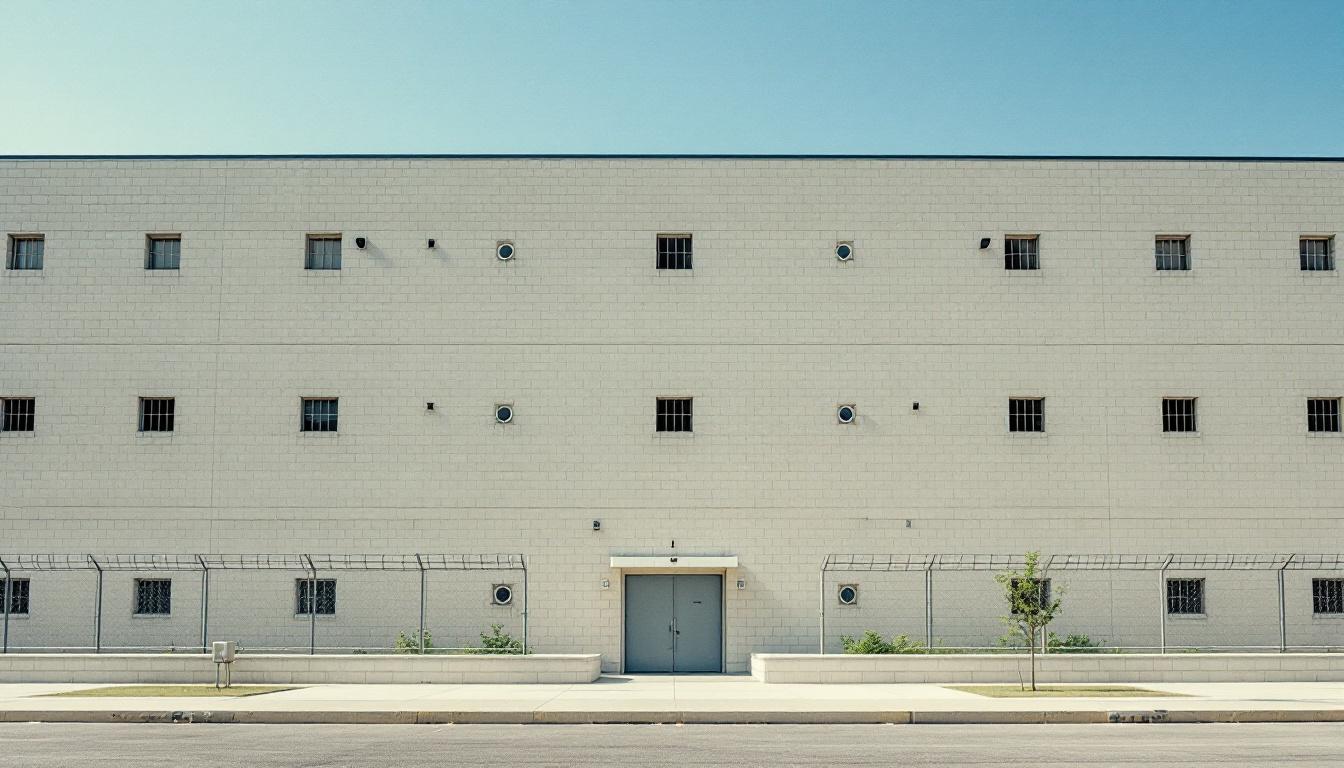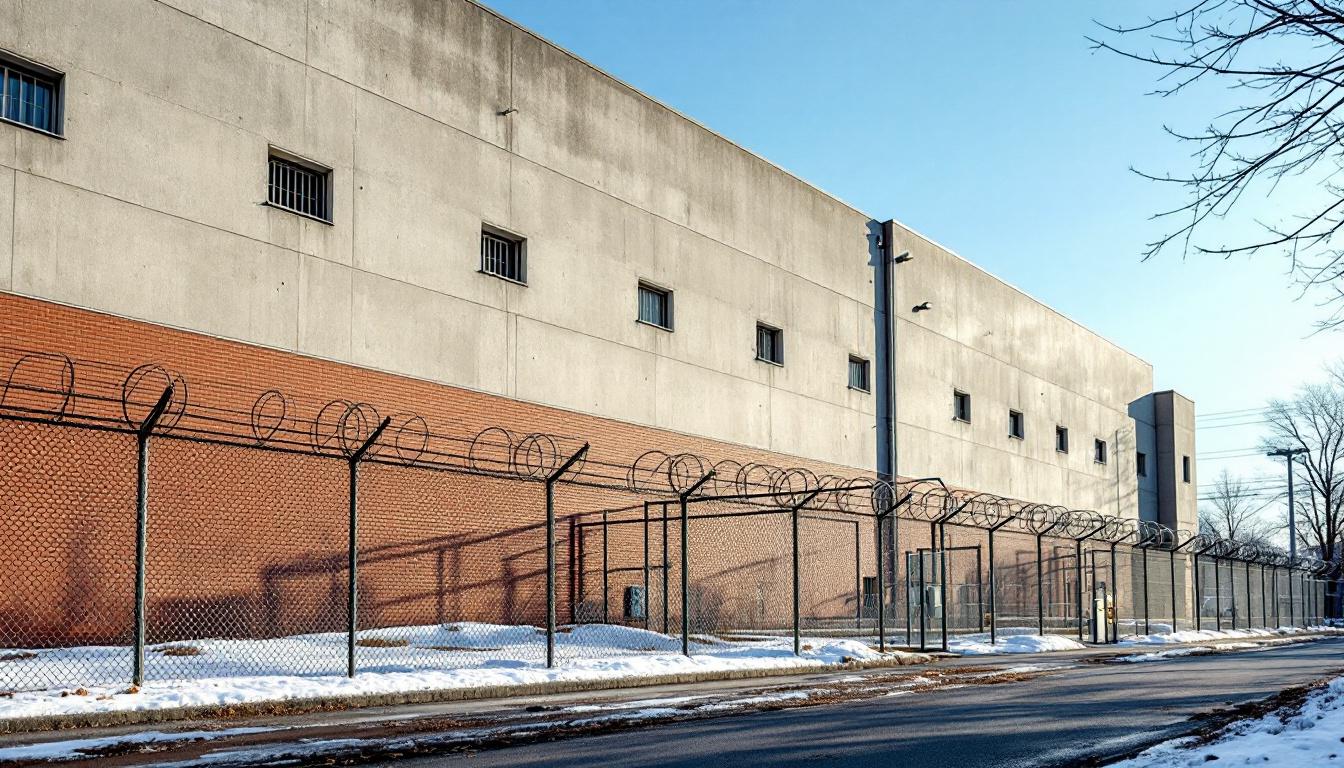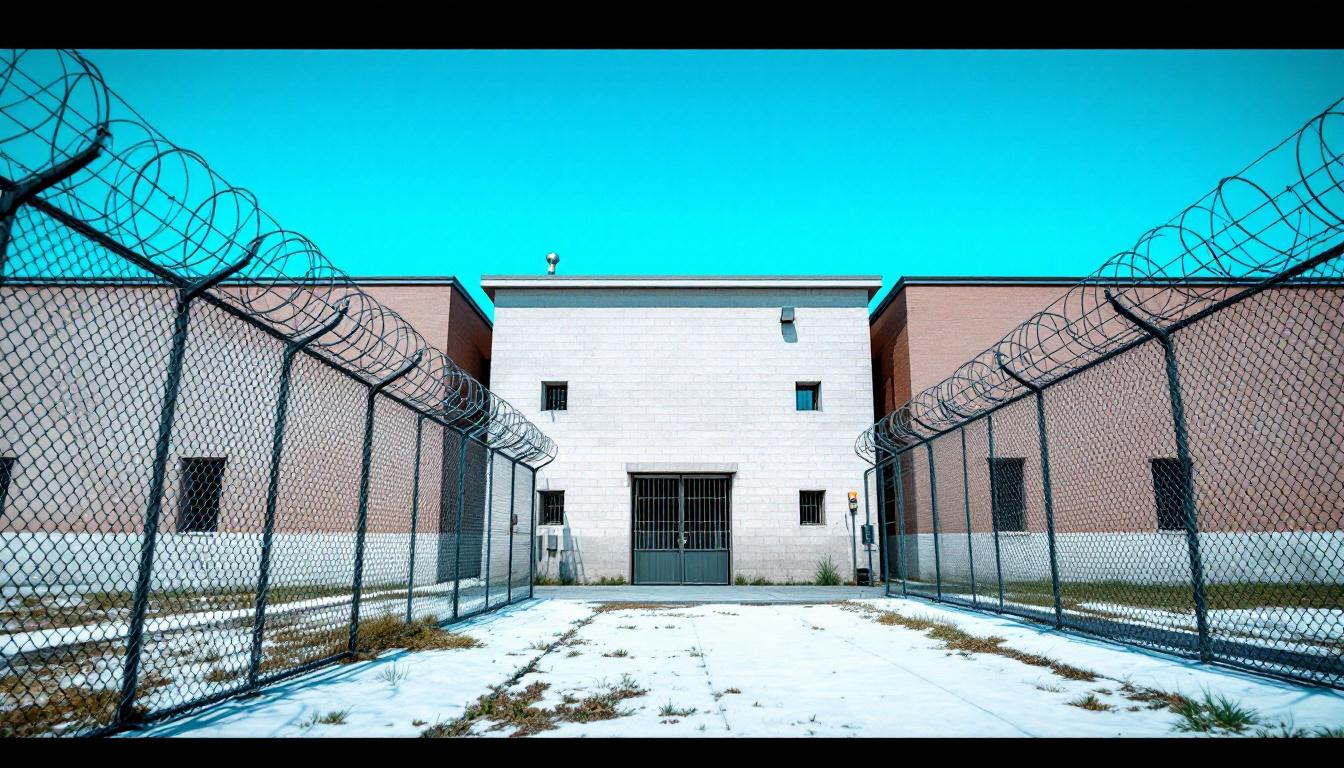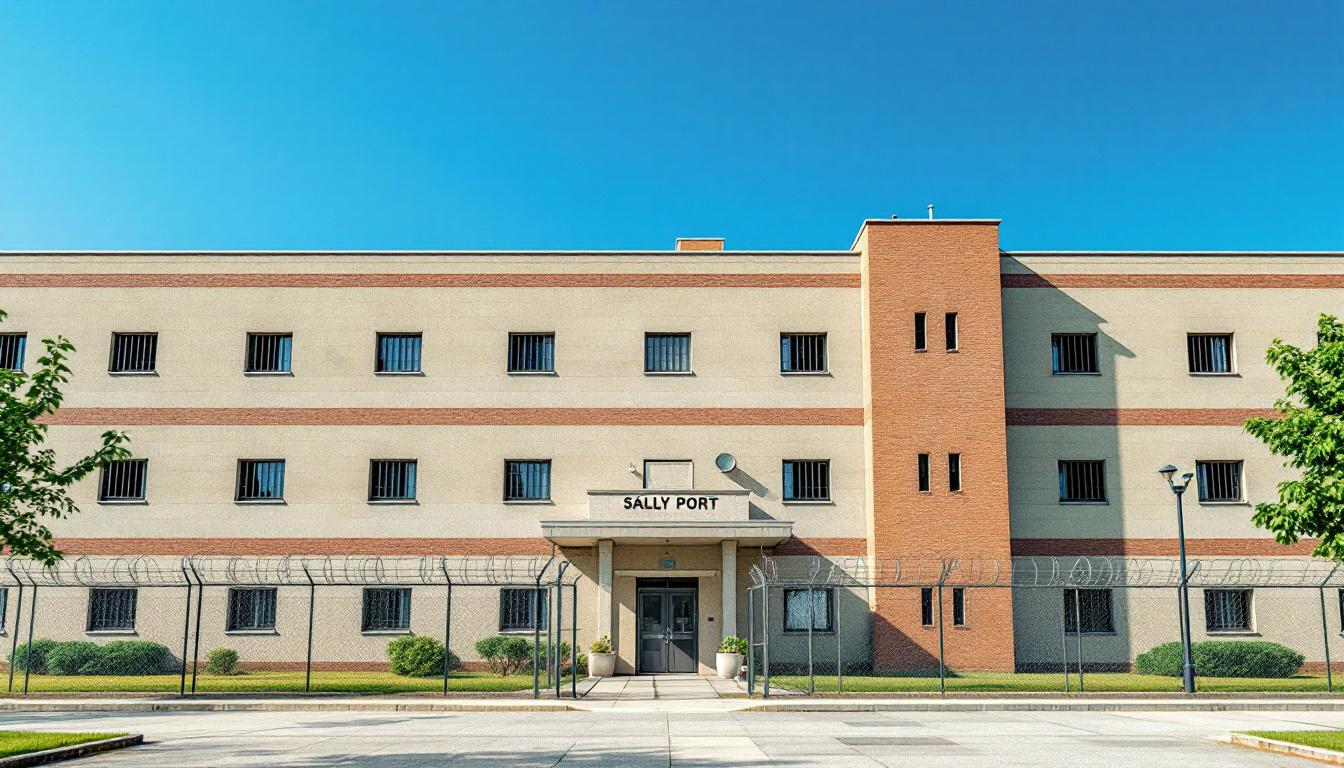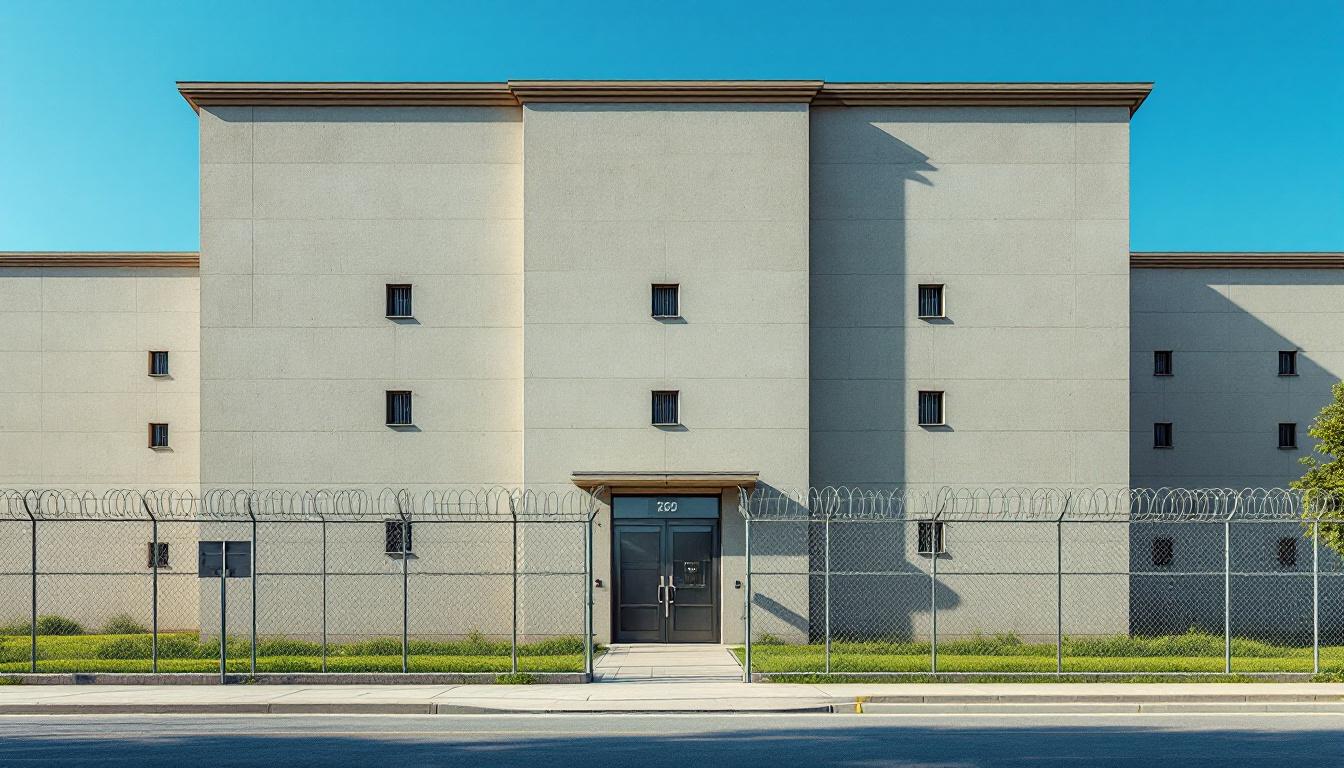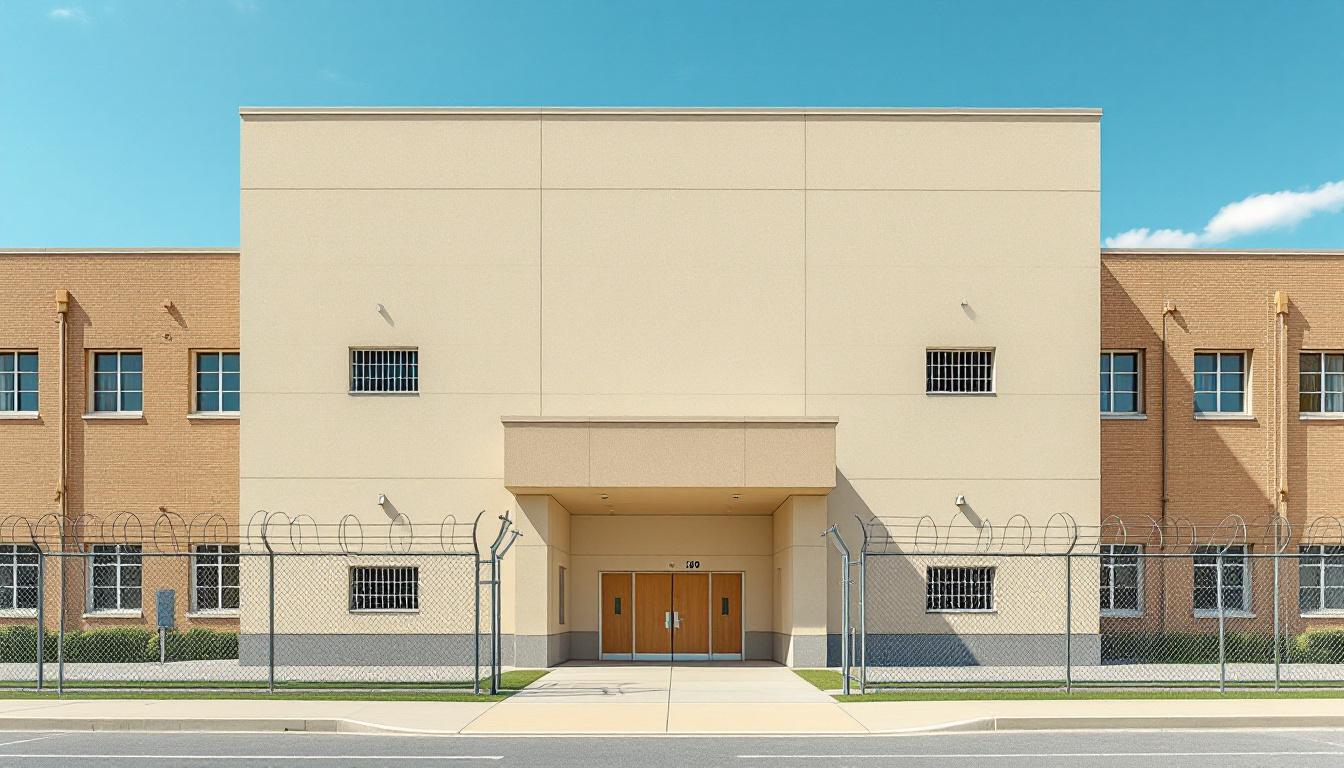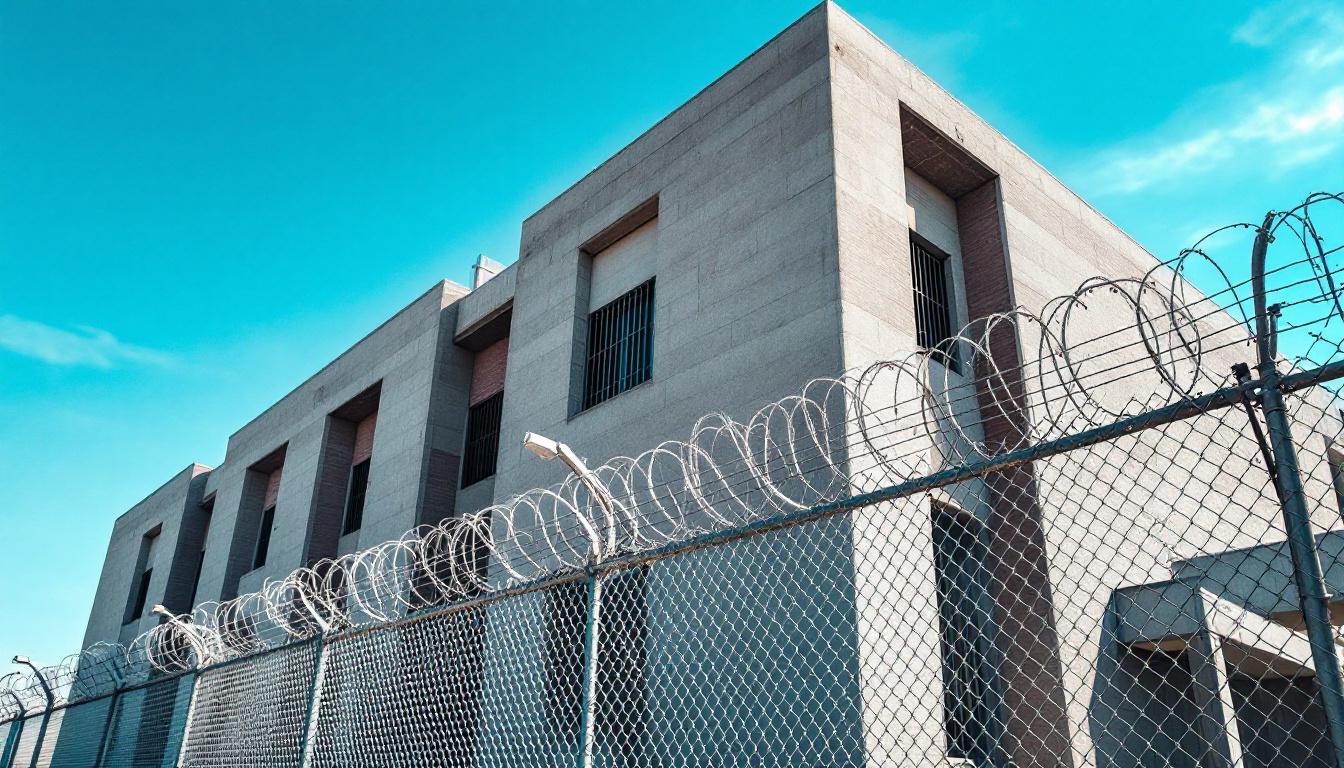
Quick Navigation
How to contact an inmate at Prince William County Adult Detention Center
This comprehensive guide will walk you through how to connect with an inmate at Prince William County Adult Detention Center. Follow the steps below to find an inmate and send letters and photos:
- Search for the inmate using our search tool below
- Create your account or log in to Penmate
- Write your message (up to 6,000 characters)
- Send instantly - inmates receive printed copies daily
Find an Inmate
Search for an inmate to start communicating today
Tip: You can search by first name, last name, or inmate ID number
To contact a person at Prince William County Adult Detention Center start by searching for the person on the official facility website. Perform a search by following these steps:
- Step 1: Enter their first name and last name into the search form and click "Search"
- Step 2: Locate their inmate record
- Step 3: Write down their Inmate ID and any housing information provided
Important! Be sure to enter the person's full name. Nicknames should not be used.
How to Send Messages to Inmates

You can use your phone or computer to send emails, letters, and photos to an inmate. Messages are sent electronically to inmate tablets or kiosks at the facility. If you would like to send a message, start by searching for an inmate at Prince William County Adult Detention Center.
Sending Photos and Postcards

A great way to send love and support to a loved one at Prince William County Adult Detention Center is to send photos and postcards. It only takes a few minutes to send photos from your phone and it makes a huge difference. You can also mail postcards with words of support and inspiration, or design your own postcard for special moments like birthdays and holidays.
Important! Be sure not to send any explicit photos or they may not be approved by the facility. You can also use a photo printing app like Penmate to make sure your photos are printed at the correct size (4x6 or 3x5) and are mailed according to the rules and regulations of Prince William County Adult Detention Center.
Frequently asked questions about Prince William County Adult Detention Center
-
How long does it take to deliver a message?
If you're sending an email message your letter is usually delivered within 24-48 hours. For messages sent via mail you should expect delivery within 3-7 days. All messages will need be approved by Prince William County Adult Detention Center.
-
How much does it cost to send a message to Prince William County Adult Detention Center?
You can send a message free using your phone or mail a message via USPS for the price of a $0.60 stamp and envelope. You can also purchase credits or e-stamps from services starting at $1.99.
-
What services can I use to contact an inmate at Prince William County Adult Detention Center?
Penmate
You can use Penmate to send letters and photos to an inmate from your phone. It's an easy way to stay in touch during your loved one's incarceration. Use the inmate locator to find an inmate's location and contact information, then you can send messages within a few minutes.
Securus messaging
Securus may be another option for communicating with an inmate at Prince William County Adult Detention Center. You can create a friends and family account and purchase credits to send messages. All messages will be reviewed and must be approved by the facility.
JPay
Some county jails and state prisons may support sending messages with JPay. You must register an account with the system, find your loved one, and purchase stamps to send messages. For some locations you can also attach photos.
Smart Jail Mail
You may also check if Smart Jail Mail is available at Prince William County Adult Detention Center. Smart Jail Mail is operated by Smart Communications and has contracted with some state and county jails. After purchasing credits, your messages and photos are sent to the facility, printed out, and then handed out to your loved one.
-
What is the mailing address of Prince William County Adult Detention Center?
Mailing address:
Prince William County Adult Detention Center
9320 Lee Ave
Manassas, VA 20110
Phone: (703) 792-6420 -
What are the visiting hours at Prince William County Adult Detention Center?
Visiting hours at Prince William County Adult Detention Center vary by housing unit and security level. Generally, visits are scheduled on weekends and holidays, with some facilities offering weekday visits. Contact the facility directly at (703) 792-6420 or check their website for the current visiting schedule. Visits typically last 30-60 minutes and must be scheduled in advance.
-
What items are prohibited when sending mail to Prince William County Adult Detention Center?
Prohibited items typically include: cash, personal checks, stamps, stickers, glitter, glue, tape, staples, paperclips, polaroid photos, musical or blank greeting cards, hardcover books, magazines with staples, and any items containing metal or electronics. Only send letters on plain white paper with blue or black ink. Photos must be printed on regular photo paper (no Polaroids). Always check with Prince William County Adult Detention Center for their specific mail policies.
-
How do I send money to an inmate at Prince William County Adult Detention Center?
You can send money to an inmate at Prince William County Adult Detention Center through several methods: 1) Online using JPay, Access Corrections, or the facility's approved vendor, 2) Money orders mailed directly to the facility with the inmate's name and ID number, 3) Kiosks located in the facility lobby, or 4) Over the phone using a credit or debit card. Fees vary by method, typically ranging from $2.95 to $11.95 per transaction.
-
Can I schedule a video visit with an inmate at Prince William County Adult Detention Center?
Many facilities now offer video visitation as an alternative to in-person visits. At Prince William County Adult Detention Center, video visits may be available through services like Penmate, Securus Video Connect, GTL, or ICSolutions. Video visits typically cost $10-20 for 20-30 minutes and must be scheduled in advance. You'll need a computer or smartphone with a camera and reliable internet connection. Contact the facility for their specific video visitation policies and approved vendors.
-
What identification do I need to visit an inmate at Prince William County Adult Detention Center?
All visitors must present valid government-issued photo identification such as a driver's license, state ID, passport, or military ID. Minors must be accompanied by a parent or legal guardian who can provide the minor's birth certificate. Some facilities require visitors to be on the inmate's approved visitation list, which may require a background check. Contact Prince William County Adult Detention Center for specific ID requirements and visitor approval procedures.
-
How can I find out an inmate's release date?
To find an inmate's release date at Prince William County Adult Detention Center, you can: 1) Use the online inmate search tool if available, 2) Call the facility's records department, 3) Contact the inmate's case manager or counselor, or 4) Have the inmate provide this information during a call or visit. For privacy reasons, some facilities only release this information to immediate family members.
Facility Overview
Contact Information
Prince William County Adult Detention Center9320 Lee Ave
Manassas, VA 20110
Phone: (703) 792-6420
Official Website
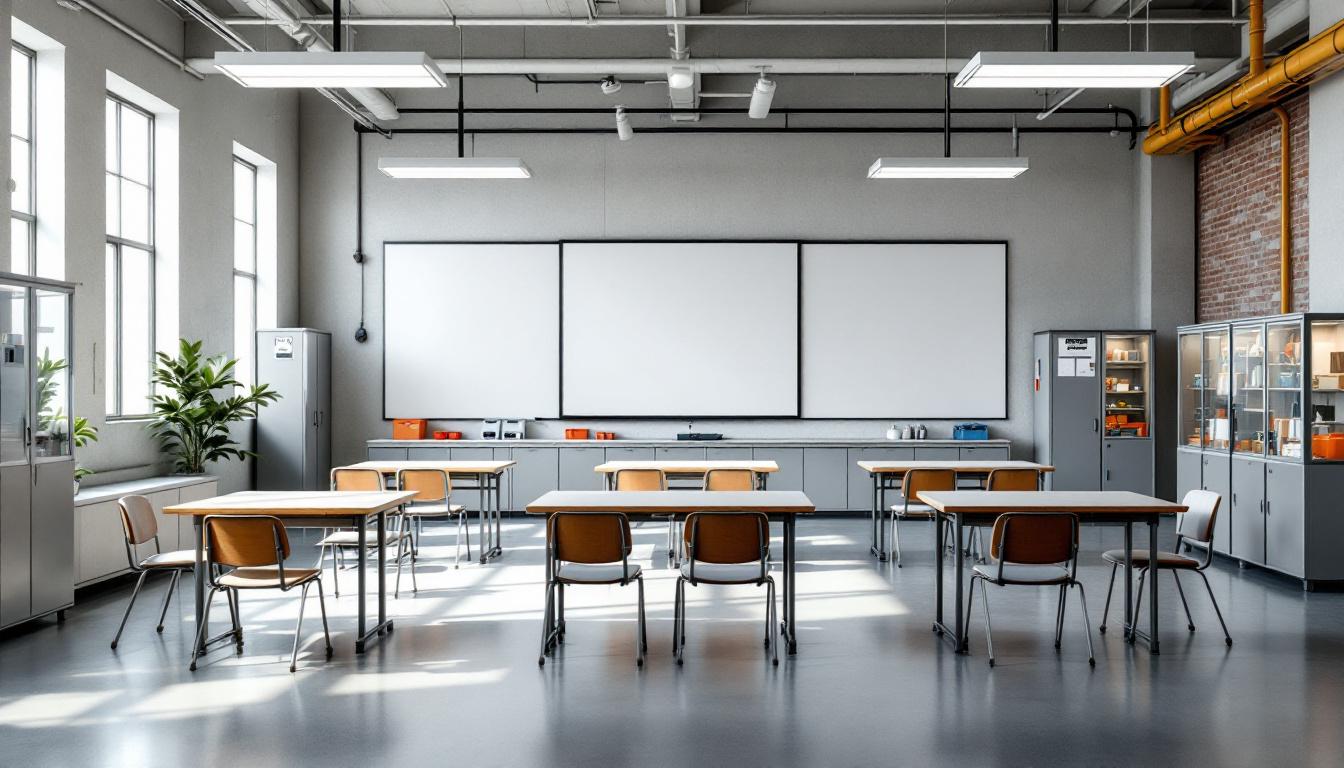
About Prince William County Adult Detention Center
Serving the Northern Virginia community with a commitment to public safety and offender rehabilitation, the Prince William - Manassas Detention Center operates as a vital component of the region's criminal justice infrastructure. This VA correctional facility typically houses individuals awaiting trial as well as those serving shorter sentences, functioning within the broader network of detention centers that support the Commonwealth's judicial processes. Located in Manassas, the facility generally maintains connections with local courts, law enforcement agencies, and community organizations to facilitate the legal process while inmates services remain a central focus of daily operations.
The detention center's approach to offender management often emphasizes both security and support, recognizing that many individuals may benefit from structured programming during their stay. Educational opportunities, substance abuse counseling, and mental health services are commonly available resources that help address underlying issues contributing to criminal behavior. The facility typically provides access to legal counsel, family visitation programs, and communication systems that help maintain important community connections. These comprehensive support systems reflect a broader understanding that effective detention involves more than containment—it requires addressing the complex factors that influence individual circumstances and community safety outcomes.
Programs & Services
**Personal transformation through structured intervention forms the cornerstone of rehabilitative services at Prince William - Manassas Detention Center.** The facility's comprehensive approach recognizes that meaningful change occurs when inmates engage with diverse programming that addresses both immediate needs and long-term reintegration goals. Through carefully designed services that emphasize skill development and behavioral modification, the center creates an environment where participants can cultivate the tools necessary for successful community reentry while addressing underlying factors that may have contributed to their incarceration.
Educational services typically encompass basic literacy instruction, GED preparation, and continuing education opportunities that allow inmates to advance their academic credentials during their period of confinement. Moreover, vocational training services often provide hands-on instruction in practical trades and marketable skills, enabling participants to develop competencies that may enhance their employment prospects upon release. These educational and vocational components work synergistically to create pathways for economic stability and personal advancement.
The facility's therapeutic and support services address the complex behavioral and psychological factors that frequently influence criminal behavior. Substance abuse treatment services may provide both group and individual counseling to help inmates develop coping strategies and maintain sobriety. Additionally, cognitive behavioral programs typically focus on helping participants recognize problematic thought patterns and develop healthier decision-making skills. Complementary services such as arts and crafts activities offer creative outlets for self-expression, while community service opportunities may enable inmates to contribute meaningfully to society and develop a sense of civic responsibility during their incarceration.
Daily Life & Visitation
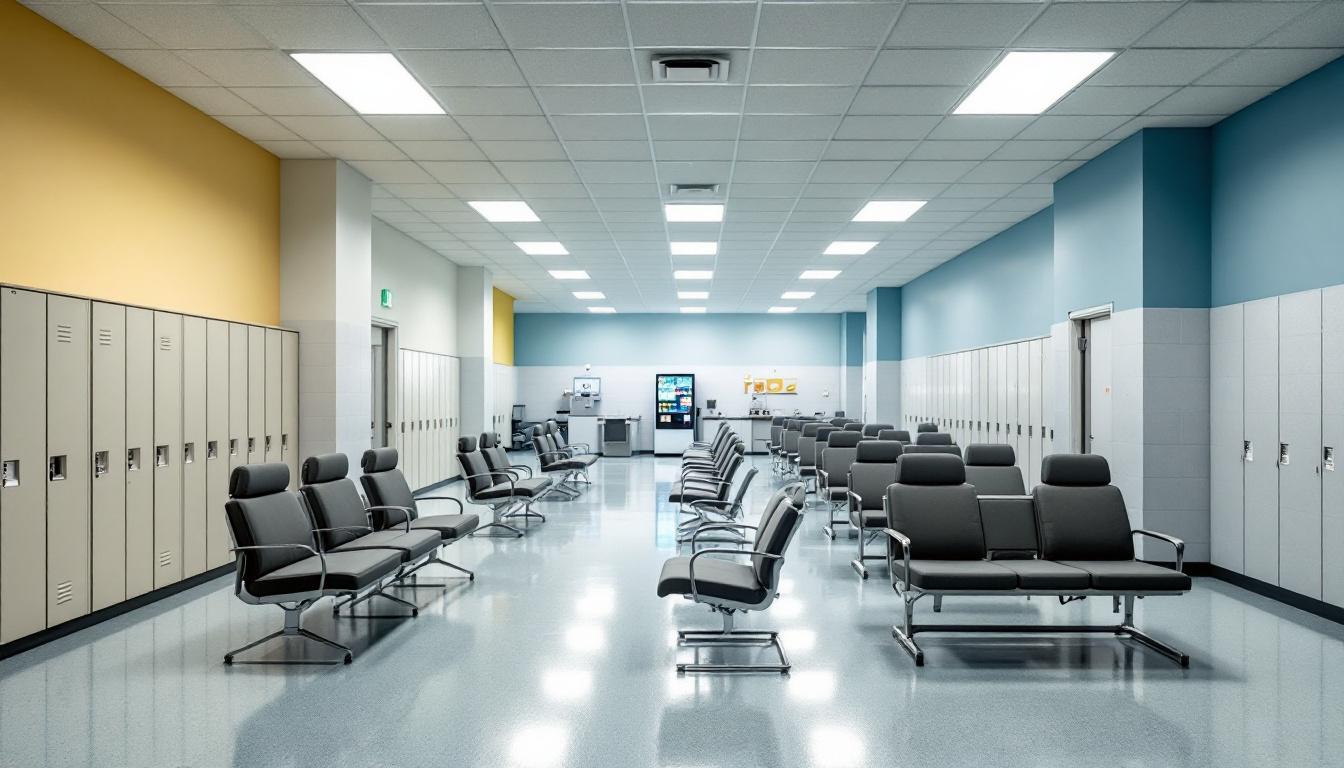
The housing units at Prince William - Manassas Detention Center feature dormitory-style accommodations and smaller cell configurations that shape the rhythm of daily life for inmates navigating this structured environment. The facility currently maintains a regimented schedule that begins with early morning wake-up calls, continues through structured meal times, and encompasses various programming activities throughout the day. Inmates typically adapt to this routine by establishing personal schedules within the broader institutional framework, finding ways to maintain connections with family members and focus on productive activities during their time at the facility.
Living accommodations generally provide inmates with basic necessities including bedding, personal storage space, and access to common areas where they may interact with other residents. The housing units typically feature shared bathroom facilities and recreational spaces where inmates can engage in television viewing, reading, or quiet conversation during designated periods. Moreover, the facility generally provides three meals daily in communal dining areas, with inmates often developing informal social networks during these shared meal times that help them adjust to the institutional environment.
The facility typically offers various work assignments that may include kitchen duties, maintenance tasks, and cleaning responsibilities, providing inmates with structured activities and opportunities to develop job skills. Whereas recreational opportunities often include access to exercise areas, library services, and educational programming, family connections remain vital through scheduled visitation periods and telephone privileges that help inmates maintain important relationships. Additionally, commissary services generally allow inmates to purchase personal items and snacks, while mail correspondence continues to provide another essential link to the outside community, helping residents maintain their sense of identity and connection during their stay at the facility.
Ready to Connect?
Start communicating with your loved one today
Search for an Inmate
